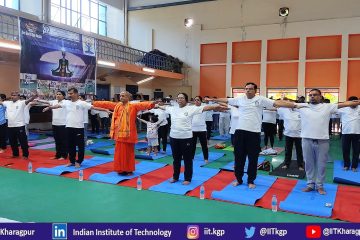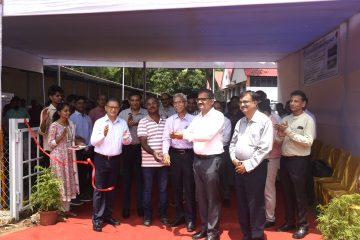It has been almost two weeks since the teaching and learning at IIT Kharagpur has gone virtual. The Center for Educational Technology at the Institute has been using the online interface Webex for conducting classes across all levels of study.
The Institute though was holding classes on YouTube Live which became popular with some of the classes getting thousand plus likes, the  mode shifted entirely to Webex since the lockdown. Many faculty members have been teaching online on digital platforms such as Swayam, MOOCs and DTH platform Swayam Prabha. The lectures have already been already been uploaded on the respective platforms for the current semester. Additionally live lectures are being carried out through WebEx.
mode shifted entirely to Webex since the lockdown. Many faculty members have been teaching online on digital platforms such as Swayam, MOOCs and DTH platform Swayam Prabha. The lectures have already been already been uploaded on the respective platforms for the current semester. Additionally live lectures are being carried out through WebEx.
“While academic activities would remain suspended until further notice, students are being facilitated through existing and newly acquired e-learning platforms,” said Director Prof. V K Tewari.
Talking about his experience Prof. Jeevanjyoti Chakraborty , from the Dept. of Mechanical Engineering opined on making available user friendly e-learning platforms which would enable the teachers to focus more on teaching than the logistics. He also mulled over the flipped classroom and active learning strategies wherein students can listen to recording course lectures prior to the scheduled online class and interact more regarding their queries on the topic.
“Since the pronouncement of the suspension of classes, the Center for Education Technology has acquired a large number of WebEx licenses from CISCO for conducting classes. Shorter sessions are also being conducted through Zoom,” said Shib Sankar Das from the Centre.
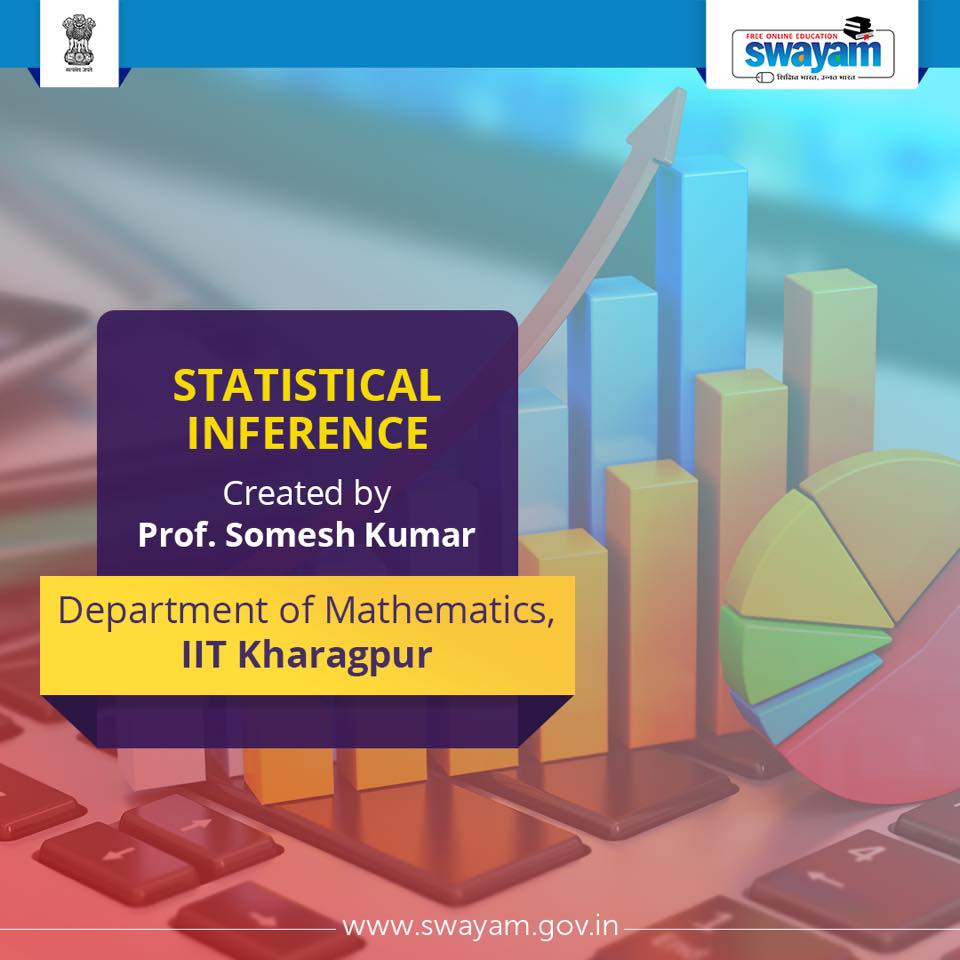 MHRD has been promoting various e-learning platforms since the academic activities have been restricted in educational institutions earlier this month due to CoronaVirus outbreak. The Institute already has a large repository of video lectures on NPTEL added with those from other IITs which anyone can access online from the Swayam-NPTEL online platform. Students who enrol for these courses also receive assignment which they can submit online for grading. Video lectures are also available on the DTH platform Swayam Prabha.
MHRD has been promoting various e-learning platforms since the academic activities have been restricted in educational institutions earlier this month due to CoronaVirus outbreak. The Institute already has a large repository of video lectures on NPTEL added with those from other IITs which anyone can access online from the Swayam-NPTEL online platform. Students who enrol for these courses also receive assignment which they can submit online for grading. Video lectures are also available on the DTH platform Swayam Prabha.
“Online classes are enabling us not to stop our learning during quarantine time. Moreover the recorded lectures during online classes are later helping us to revise the content with more ease at our flexibility which would be absent in offline setting,” said Undergraduate Students Representative Santosh T.Y.S.S.
Bhavya Kumar, 3rd year student from Dept. of Chemical Engineering said, “NPTEL videos are nice. They give somewhat classroom experience though interaction is required for discussions which can be addressed through WebEx. Overall classes through WebEx were good in terms of giving a brief idea about the topics but one needs to ensure smooth internet connectivity.”
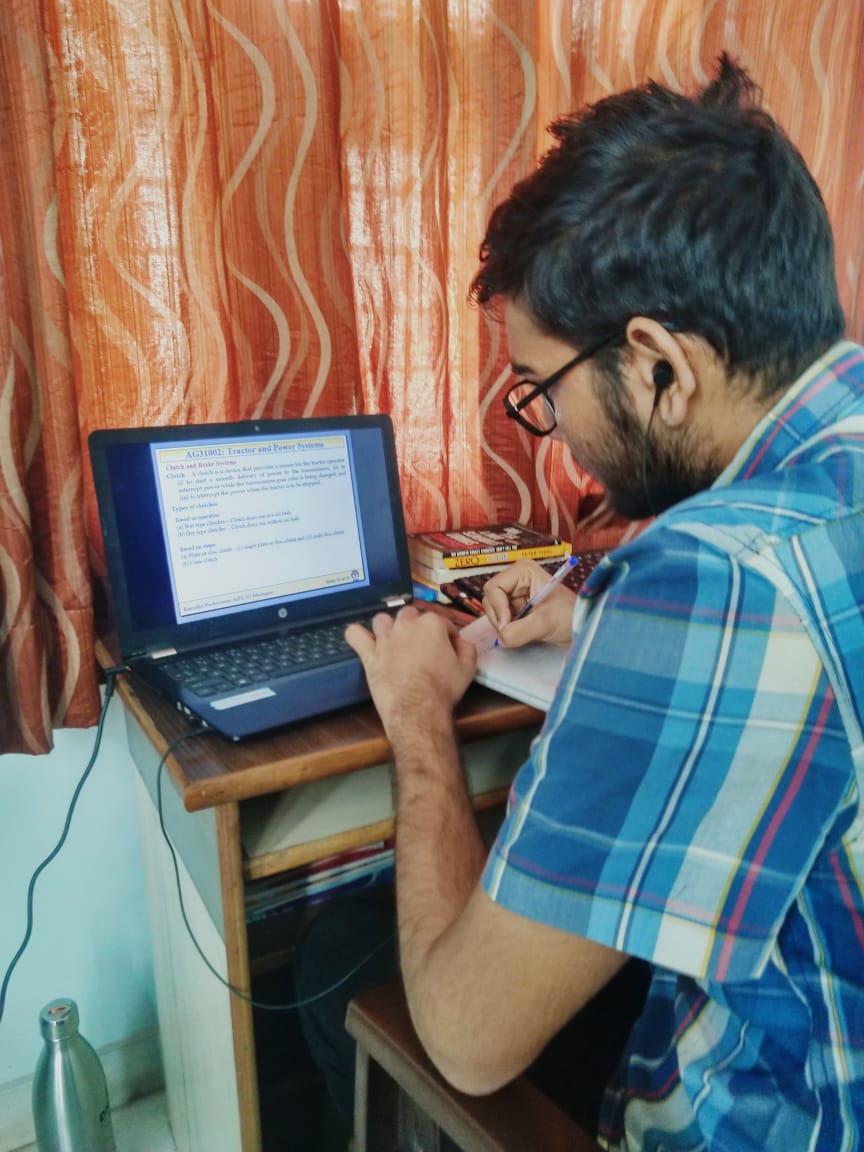 Another 3rd year from the Dept. of Agricultural and Food Engineering, Akshat Jain is relying more on lecture slides to bridge the gap.
Another 3rd year from the Dept. of Agricultural and Food Engineering, Akshat Jain is relying more on lecture slides to bridge the gap.
“Students can modify their study patterns based on the resources available. On NPTEL I attend only relevant portion of the pre-recorded lectures to suit my course structure. I took lectures for three courses out of six through WebEx. Discussions did happen on our queries and interest is growing gradually as we are also new to this mode of learning. Instead of complaining about the current situation, we should focus on possible solutions,” he said. Akshat has been following YouTube videos for courses on stock market and business studies.
Many faculty members who have classes scheduled in the coming week have sent the students links to their lectures that cover the cover the topics of the syllabus. Several of them also have been interacting with students on email and messengers especially to address queries related to the lectures. Some teachers are also recording videos and sending them to their students for ease of learning.
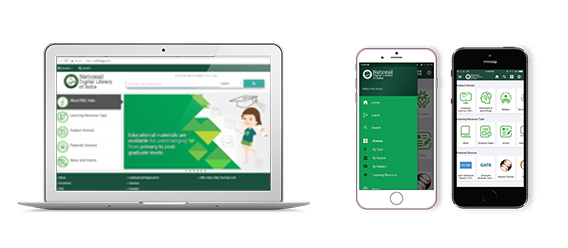 Another platform which students across all areas and levels of study would find extremely beneficial is the National Digital Library of India. It was developed by IIT Kharagpur under the aegis of Ministry of Human Resource Development, Government of India in the year 2016 as a National Mission project. NDLI has been at the forefront of e-learning platforms with over 4.8 crore content in more than 300 languages that can be viewed in 60+ formats apart from e-books (audiobooks, simulations, e-thesis, question papers etc.). The platform has over 55 Lakh users. A recent addition on NDLI has been a special module named ‘Corona Outbreak: Study from Home’ with a collation of a wide range of digital content.
Another platform which students across all areas and levels of study would find extremely beneficial is the National Digital Library of India. It was developed by IIT Kharagpur under the aegis of Ministry of Human Resource Development, Government of India in the year 2016 as a National Mission project. NDLI has been at the forefront of e-learning platforms with over 4.8 crore content in more than 300 languages that can be viewed in 60+ formats apart from e-books (audiobooks, simulations, e-thesis, question papers etc.). The platform has over 55 Lakh users. A recent addition on NDLI has been a special module named ‘Corona Outbreak: Study from Home’ with a collation of a wide range of digital content.
“Please visit and continue your studies. NDLI is accessible through the web as well as mobile App. Be safe but let us be digitally active in academics and connected,” says Prof. P P Chakrabarti, Principal Investigator of NDLI, on his social media handle.
He further urges to reach out to students who can be immensely benefited from this platform during this lockdown period.
“Digital Libraries have become the next generation paradigm for people to empower themselves with knowledge and contribute to the knowledge gathering of this world,” he added.
In another attempt to motivate and engage students, the Undergraduate Students Council of the Institute has launched KGP Hacks Corona, an initiative for the IIT KGP community to build software and data solutions aimed at tackling various challenges related to the COVID-19 pandemic.
Council representative Santosh T.Y.S.S said, “the objective is not only to engage the students during the isolation period but also create an online space where developers can ideate, experiment and build software solutions. Students can use technologies of their choice in diverse areas to address the thematic areas of the tech challenge.
Director Prof. Tewari also urged the students through his social media handle to transform this time in isolation into an opportunity to acquire new knowledge and shape our skills using our quiet time for which we otherwise struggle through our daily routine. He encouraged them to make use of their social media accounts, messengers and the free flow of time to achieve all the items in their to-do list.

